





No lab centers are available in this city
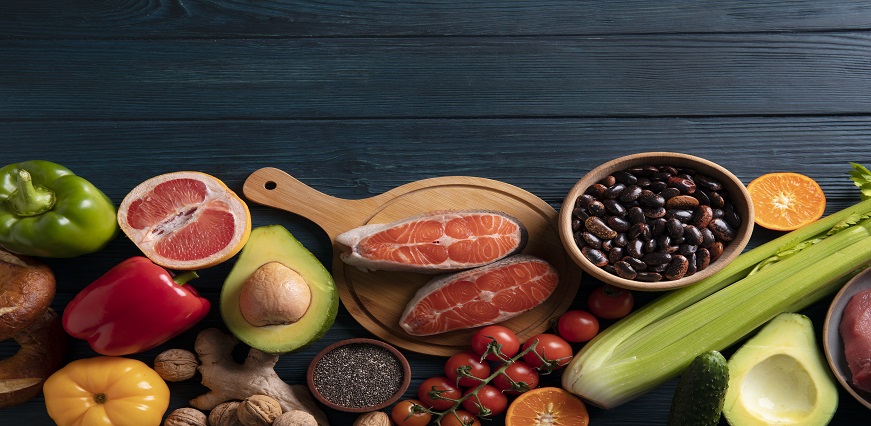
Max Lab
Oct 17, 2024
Malaria is more than just a disease; it's a formidable adversary that can leave your body feeling weak and depleted. Caused by the Plasmodium parasite, malaria wreaks havoc on your immune system, often leading to fatigue, fever, and other debilitating symptoms. As you navigate the road to recovery, understanding what foods can aid in healing becomes essential.
A well-balanced diet plays a vital role in restoring strength and accelerating recovery from malaria. The right nutrients not only help combat inflammation but also support muscle repair and boost immunity. Choosing the best food for malaria patients can turn your plate into a powerful ally in this fight against illness.
A healthy diet plays a crucial role in recovering from malaria. The body requires specific nutrients to fight off the infection and restore its strength. Proper nutrition supports the immune system, which is vital during this time.
When battling malaria, your body may lose essential vitamins and minerals. A balanced intake of nutrients helps replenish what has been depleted. This not only aids recovery but also enhances overall well-being.
Eating nutrient-rich foods can boost energy levels, helping you regain vitality faster. Incorporating fruits, vegetables, and proteins ensures that your body gets the necessary support for healing.
Fruits and vegetables are your best friends during malaria recovery. Look for those rich in vitamin C and antioxidants, like oranges, berries, spinach, and bell peppers. They bolster your immune system and aid in healing.
High-protein foods play a vital role too. Incorporate lean meats, fish, eggs, or legumes into your meals. Protein helps repair muscles that may have weakened during illness.
Don’t overlook anti-inflammatory foods either. Turmeric is a superstar here; its active compound curcumin fights inflammation effectively. Ginger also provides relief and support to the body’s recovery process.
Fruits and vegetables play a crucial role in malaria recovery, especially those rich in vitamin C and antioxidants. These nutrients boost your immune system, helping your body fight off infections more effectively.
Citrus fruits like oranges, lemons, and grapefruits are excellent choices. They not only provide a refreshing burst of flavor but also deliver high levels of vitamin C. Berries such as strawberries and blueberries pack a powerful antioxidant punch that combats oxidative stress.
Leafy greens like spinach and kale are equally important. They contain essential vitamins that support overall health while providing hydration during recovery. Bell peppers are another fantastic option; their vibrant colors indicate their wealth of nutrients.
High protein foods play a crucial role in the recovery process during malaria. Your body needs ample protein to rebuild tissues and repair muscles that may have been affected by the illness.
Lean meats like chicken and turkey are excellent choices. They provide essential amino acids that aid in muscle synthesis. Fish, especially fatty varieties like salmon, are not only high in protein but also packed with omega-3 fatty acids, which can reduce inflammation.
Plant-based options such as lentils, beans, and quinoa offer both protein and fiber. These foods contribute to digestive health while ensuring you get enough nutrients.
Incorporating eggs into your meals is another smart strategy. Rich in proteins and vitamins, they support overall recovery efforts effectively without overwhelming your system.
Incorporating anti-inflammatory foods into your malaria recovery diet is essential for healing. These foods help reduce inflammation, allowing the body to repair itself more effectively.
Turmeric stands out as a powerful option. Its active ingredient, curcumin, has been shown to combat inflammation and support immune function.
Ginger also deserves mention. This root not only adds flavor but can soothe nausea and reduce swelling in the body.
Berries are another excellent choice. Packed with antioxidants like vitamin C, they fight oxidative stress while providing natural sweetness.
Leafy greens such as spinach and kale offer abundant vitamins while promoting overall health. Their nutrients help bolster your immune system during recovery.
During malaria recovery, it's crucial to steer clear of certain foods that can hinder healing. Sugary and processed foods are at the top of the list. These items may spike blood sugar levels, leading to inflammation and fatigue—two things you want to avoid while recovering.
Dairy products also pose a risk. They can create mucus in the body, which might complicate respiratory issues sometimes experienced during malaria. Opting for lactose-free alternatives or plant-based options can be beneficial.
Alcohol is another no-go zone during recovery. It weakens your immune system and dehydrates your body, making it harder for you to combat lingering symptoms of malaria effectively. Staying hydrated with wholesome fluids will support your body's needs much better than any alcoholic beverage could offer.
Sugary and processed foods can be appealing, especially when you're feeling low. However, they do more harm than good during malaria recovery.
These foods often contain high levels of refined sugars and unhealthy fats. Consuming them can lead to inflammation in the body, which is counterproductive when fighting off an infection like malaria.
Moreover, sugary snacks provide empty calories without essential nutrients. Your body needs vitamins and minerals for healing, not quick energy spikes followed by crashes.
Dairy products can pose challenges during malaria recovery. While they are often seen as nutritious, their effects on the body can be counterproductive when you're trying to heal.
For many individuals, dairy tends to increase mucus production. This might worsen respiratory symptoms and hinder overall recovery. You want your body focused on fighting off the infection, not dealing with unnecessary complications.
Moreover, some people experience lactose intolerance or sensitivity that can lead to digestive discomfort. With an already compromised system from malaria, adding extra strain is best avoided.
When recovering from malaria, one of the most critical aspects to consider is what you put into your body. Alcohol should be avoided entirely during this period. It can interfere with medication and weaken your immune system, making it more challenging for your body to fight off the infection.
Alcohol consumption may also lead to dehydration—a significant concern when dealing with malaria. Instead of opting for alcoholic beverages, focus on hydrating fluids like water or herbal teas that support recovery.
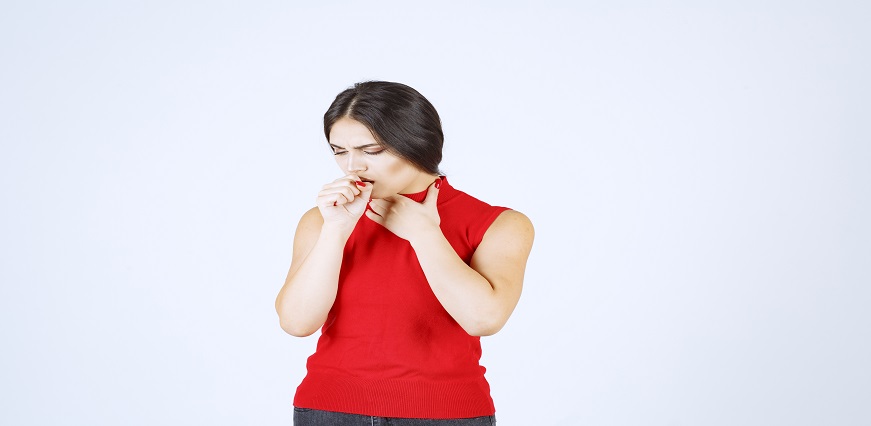
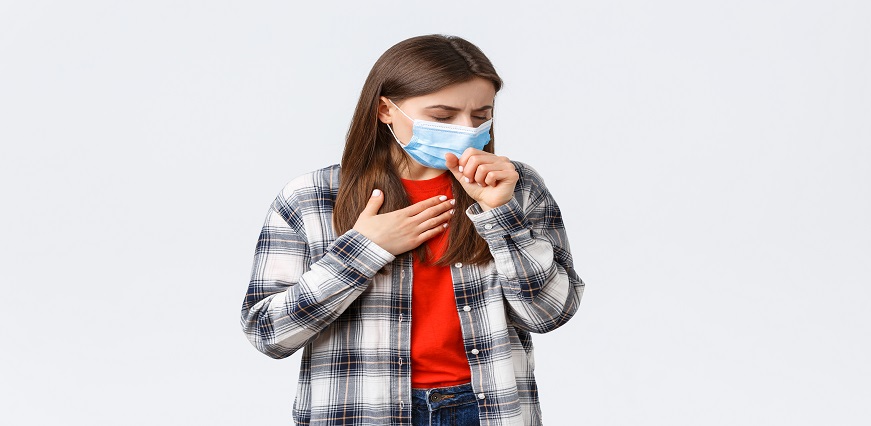

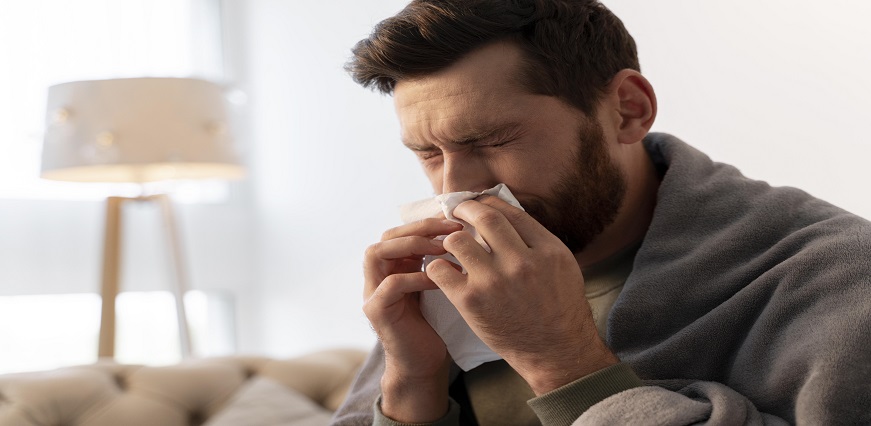
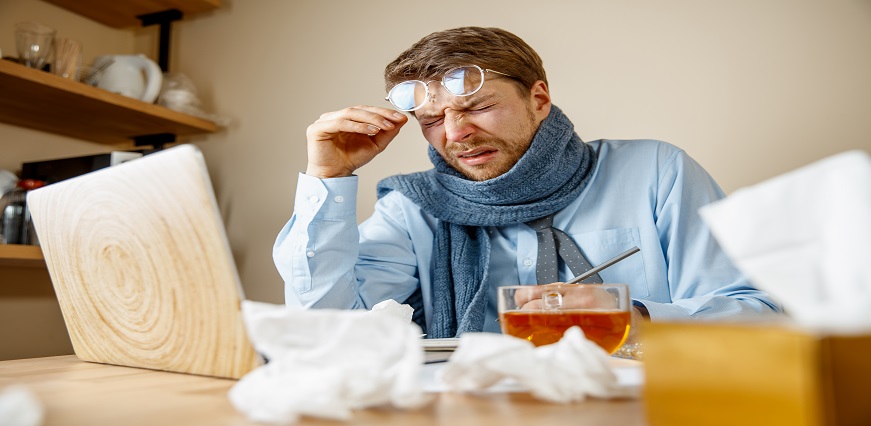





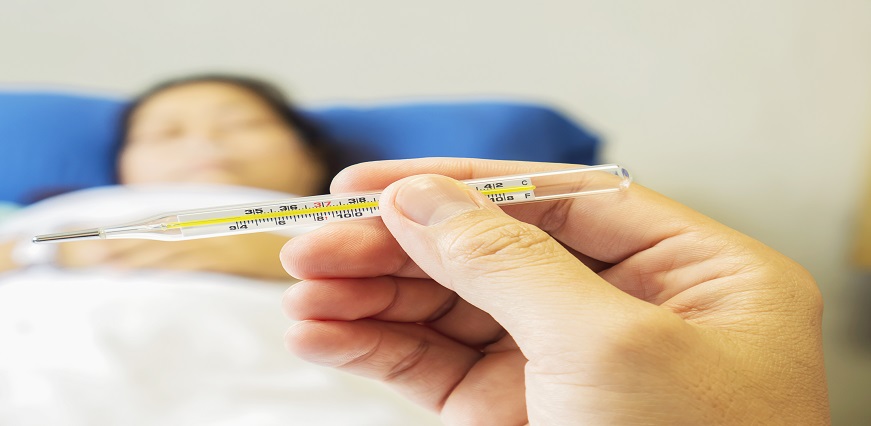






Sign up takes less than 60 secs and gives you access to your offers, orders and lab tests.
Looks like you are not registered with us. Please Sign up to proceed
OTP will be sent to this number by SMS
We have successfully received your details. One of the agents will call you back soon.
 To reach our help desk call 9213188888
To reach our help desk call 9213188888
No Lab Centers are available in this city
Looks like you are not registered with us. Please Sign up to proceed
OTP will be sent to this number by SMS
Not Registered Yet? Signup now.Looks like you are not registered with us. Please Sign up to proceed





 7982100200
7982100200.png)
Comments